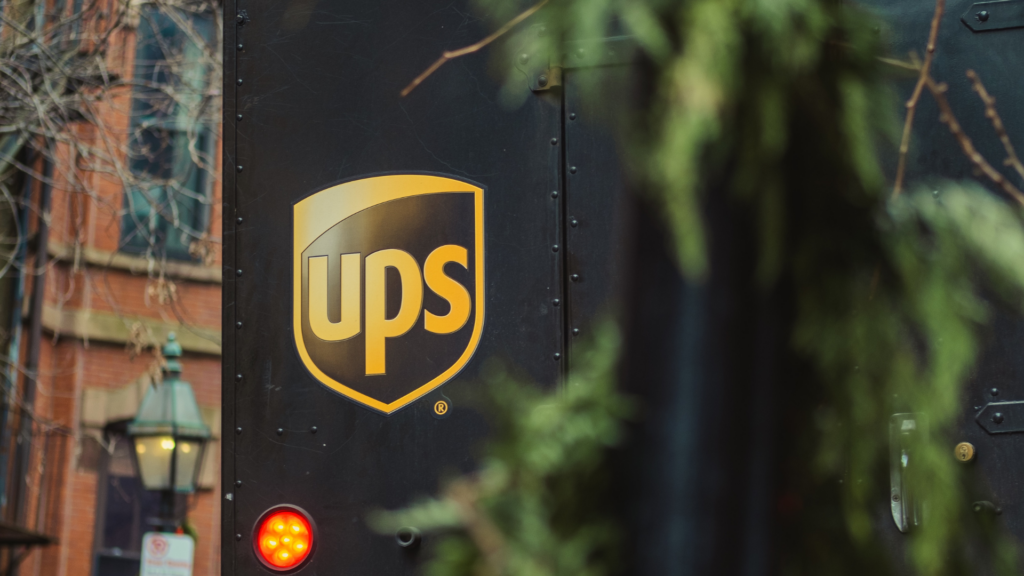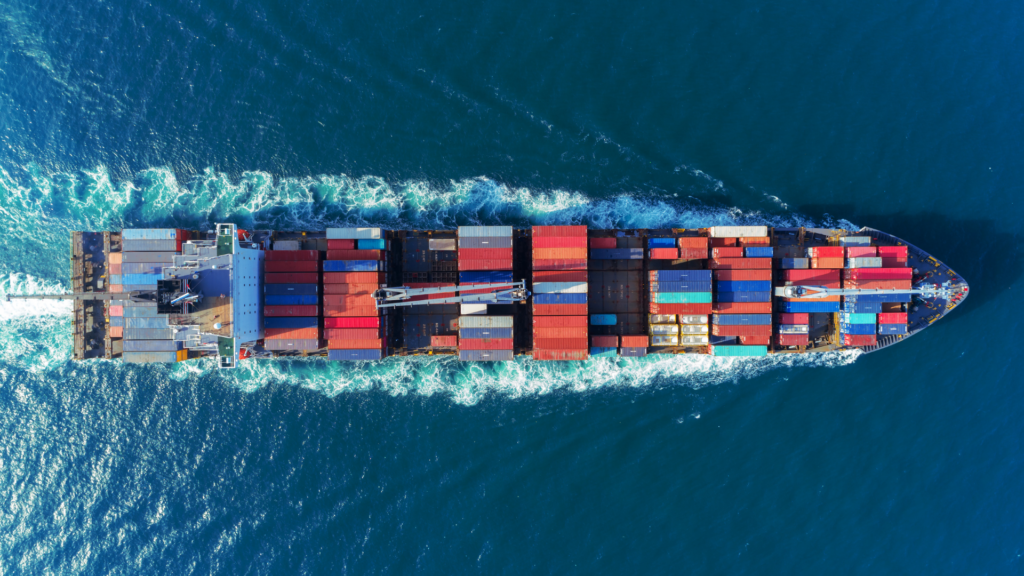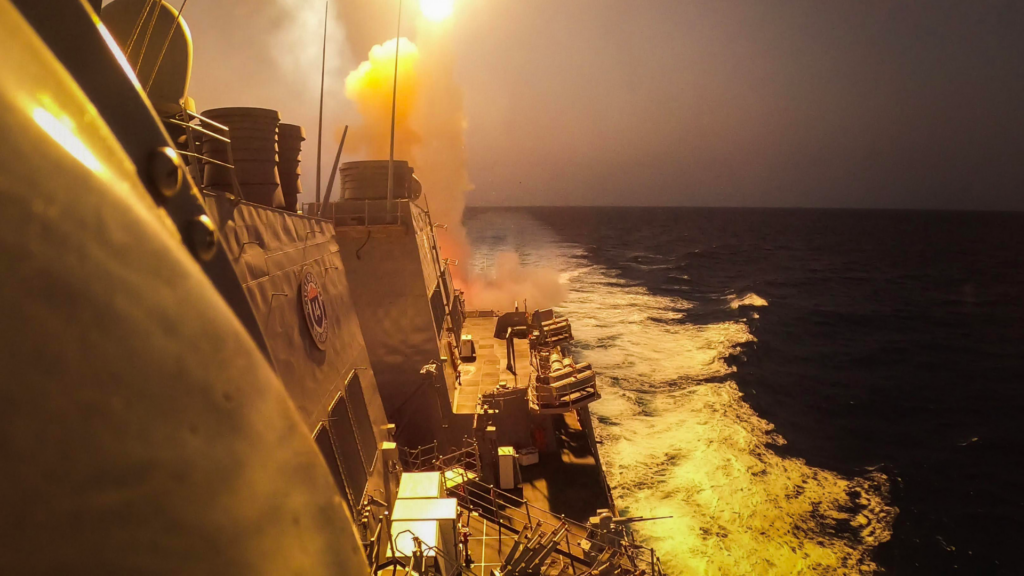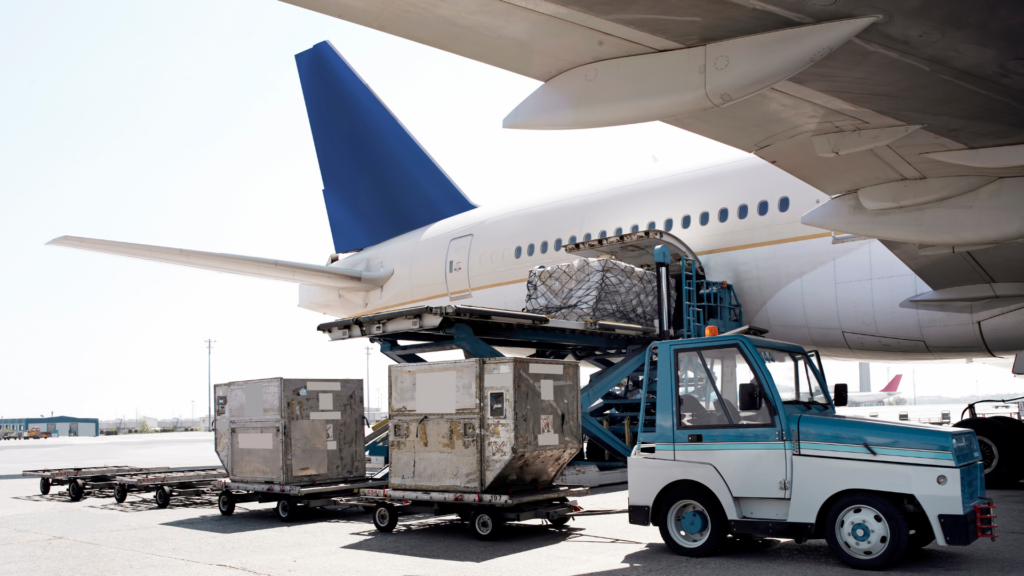Cutting back, New Alliance, China Threatens Iran, Red Sea Impacts in India and for Air Cargo.
Your weekly All-Ways round-up of Supply Chain news.
UPS Downsizing and Mandating 5 Days in Office
UPS to lay off about 12,000 jobs this year, mostly management and contract positions. Union workers are unaffected by the downsizing. UPS intends to change its operations through utilizing AI and other new technologies.
Starting March 4, mandated staff will need to work from the office 5 days a week.
Weaker domestic and international volumes are causing revenue decreases. This has caused the company to reduce shifts in the last year. It also means that the US and global are in a slump.
Plus, earlier this year, UPS drastically increased salaries for union drivers and warehouse workers, putting a strain on its already tight budget.
Shifting Alliances
Maersk and Hapag-Lloyd announced that they will be forming a long-term operational alliance called Gemini Cooperation beginning in February 2025, promising that this change will improve schedule reliability, create competitive transit times, and reduce their carbon footprint.
Both company's fleets will be merged, which means that -
➡️ There will be around 290 vessels or 3.4 million TEU of capacity combined
➡️ 60% of vessels will be deployed by Maersk
➡️ 40% of vessels will be deployed by Hapag-Lloyd
➡️ Gemini Cooperation aims for schedule reliability above 90%
This surprise collaboration will likely disrupt the current shipping alliance landscape. Hapag-Lloyd is currently in THE Alliance until 2027 but will be leaving two years early. THE Alliance has promised to maintain the vessel-sharing agreement through 2024 and can most likely continue operating without Hapag-Lloyds 26.2% in tonnage but not without hiccups.
“We wish to emphasize our unwavering commitment to maintaining a robust cooperation throughout 2024, ensuring that the highest standards of cooperation and exceptional service are delivered to our stakeholders and the industry at large,” THE Alliance member liners Hapag Lloyd, HMM, Yang Ming Marine Transport and Ocean Network Express (ONE) said in a joint statement.
Maersk previously sought to operate independently after the end of its 2M partnership with MSC Mediterranean Shipping Company but has now opted to leave 2M early for the creation of Gemini Cooperation.
China Intervenes
China, Iran’s biggest trade partner for the last decade threatens its trade ties with Tehran if it doesn’t restrain Iranian-backed Houthis from attacking commercial ships in the Red Sea, sending a strong message that repercussions will incur if any vessel linked to China is attacked.
Over 90% of Iranian crude was bought by Chinese refiners but Iranian oil only amounts to 10% of imported crude so China can easily obtain it from other suppliers. Iran has also been banking on more future Chinese investments. Essentially, China is needed to keep the Iranian oil sector and general economy afloat.
US and British military strikes on Houthi targets in Yemen have not stopped attacks on commercial ships. US officials have requested that China put pressure on Iran because they have been deeply affected by the Red Sea disruptions and they have strong ties with Iran. Iranian officials, however, deny any mention of the US in talks.
Iran’s regional alliances and proxies in Yemen, Gaza, Lebanon, Syria, and Iraq will be a significant part of its decision-making, even while its relationship with China is important.
It is unclear how Iran will proceed and how they will heed China’s warnings. As of now, Houthis claim they have received no message from Iran regarding the matter.
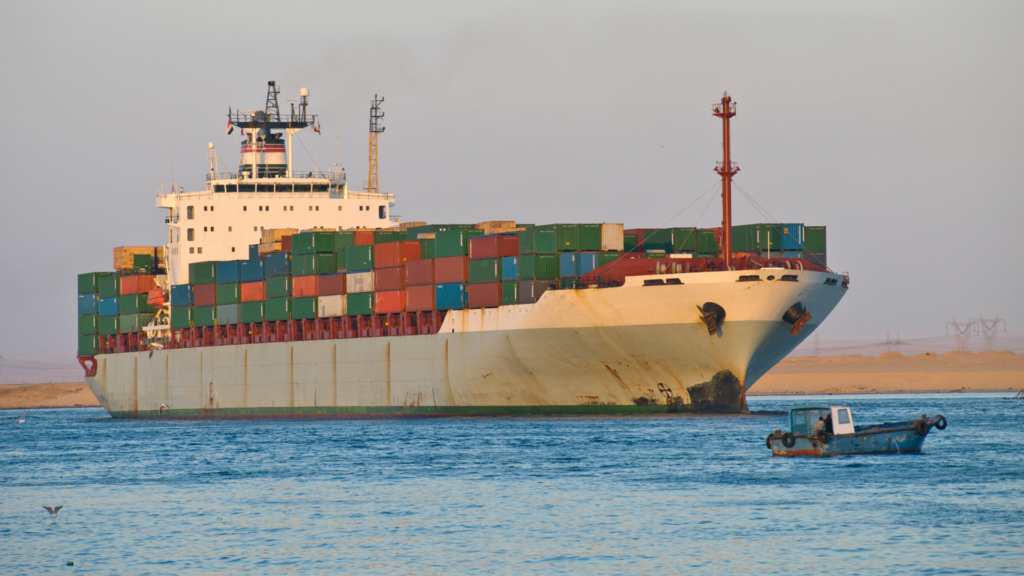
Impact on India
As Houthi rebels continue to attack ships traveling through the Red Sea, carriers continue to divert ships away from the Suez Canal and reroute around the Cape of Good Hope.
China is drastically affected by the impacts of the Red Sea. India is showing early signs of heading in the same direction.
Pro-exporter groups like the Apparel Export Promotion Council of India and the Federation of Indian Export Organizations are appealing to the Indian government to take on a more proactive approach in addressing the challenges exporters are facing because of the situation in the Red Sea.
➡️ Exporters are highly concerned that insurance premiums and freight costs will drastically increase.
➡️ Longer freight times around the Cape of Good Hope are affecting trade volume and will particularly hurt shippers of perishable items.
➡️ If the status quo continues, equipment and space shortages will likely ensue.
Popularity in the Air
Air cargo volumes are experiencing a long-awaited boost as businesses search to avoid delays caused by the situation in the Red Sea.
The International Air Transport Association and Xeneta reported that airfreight experienced -
📈8.3% YoY increase in November
📈5% increase through the month of November
📈9% YoY increase in December
📈Shortly after the regular December post-holiday shipping lull, airfreight volumes jumped by almost 25% week over week
📈In 2024, rates are 40% higher than pre-pandemic because of increased jet fuel and operating costs
📈During the last two months of 2023, airlines were able to better fill their aircraft reflected in the 8.9% increase in cargo yields
📈Demand globally is up 3% YoY
The more time the issues in the Red Sea persist, the higher the chances are for shippers to increase utilization of air carriers over ocean carriers.
➡️ Being that air freight can be up to 15 times more expensive than shipping by sea, retailers and manufacturers need to decide if they’d rather invest their money in extra inventory because of longer transit times by sea or opt for transporting goods by air.
➡️ Some shippers are opting for a hybrid sea and air mode of transportation or rail to help lower the cost of using exclusively airfreight.
➡️ Airfreight rates are increasing especially ahead of the Lunar New Year that begins February 10.
The impacts of diverting cargo away from the Red Sea will likely last through the summer. It will take around 3 months from when the Israel-Hamas war ends and the Houthi rebel attacks stop for all the diverted ships and equipment to return back to normal.


